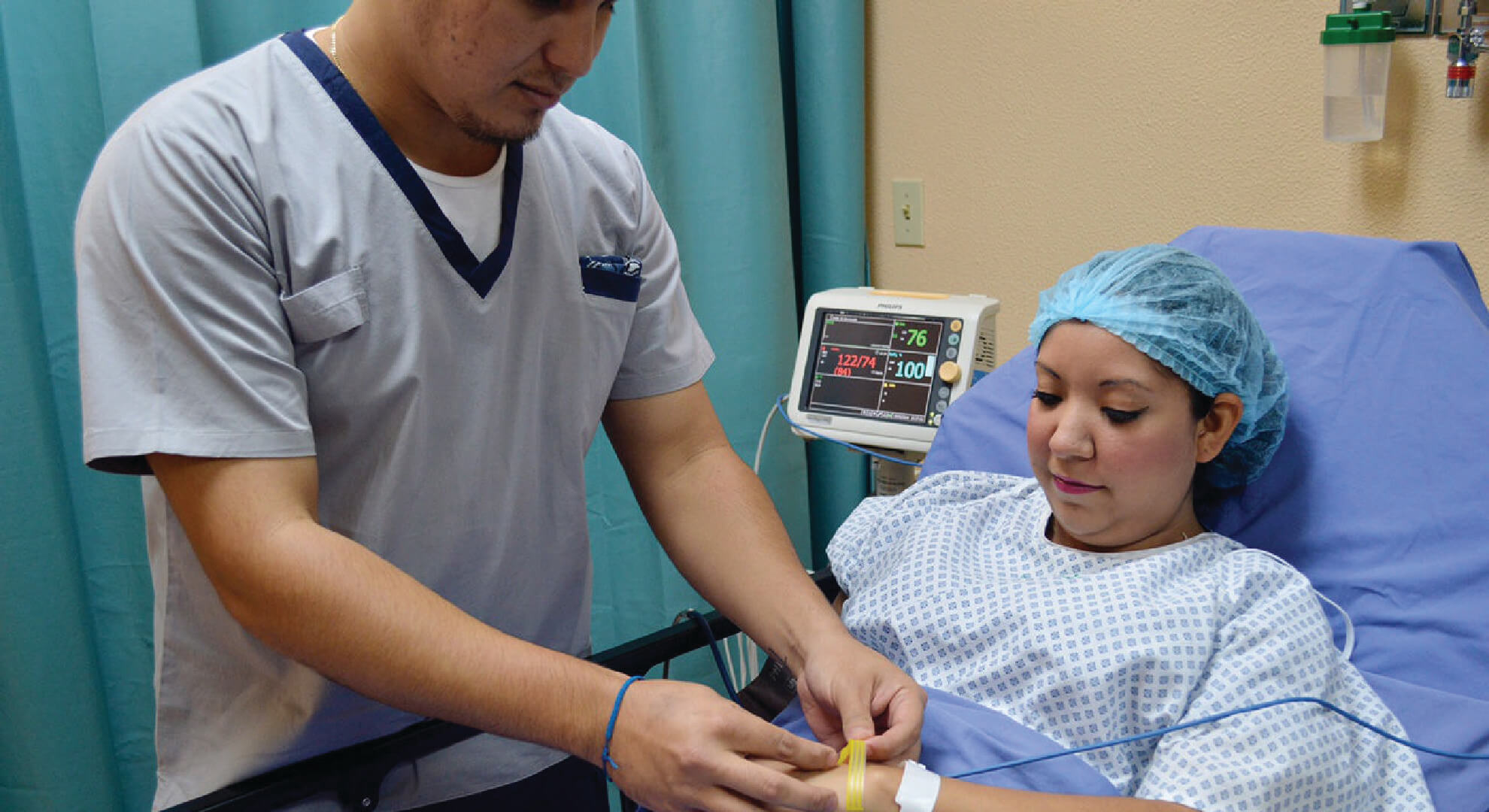
1. Receive adequate medical attention
The patient has the right to have medical care granted by prepared staff according to the needs of their health status and the circumstances in which the care is provided; as well as being informed when a referral to another doctor is needed.
2. Receive dignified and respectful treatment.
The patient has the right from the doctor, the nurse and the personnel that provide medical attention to be granted a dignified treatment, with respect to their personal and moral convictions, mainly those related to their sociocultural conditions, gender, modesty and intimacy as well as for them to identify themselves as care providers.
3. Receive sufficient, clear, timely and truthful information.
The patient, or in the case the person in charge, has the right to receive from the doctor the full informations about the diagnosis, prognosis and treatment.
4. Decide freely about their care.
The patient, or in the case the person in charge, according to the regulations, has the right to express his / her consent, always in writing, when he / she accepts to be subjected for diagnostic or therapeutic purposes, to procedures that involve a risk.
5. Grant or not your validly informed consent.
The patient, or in the case the person in charge, according to the regulations, has the right to express his / her consent, always in writing, when he / she accepts to be subjected for diagnostic or therapeutic purposes, to procedures that involve a risk.
6. Be treated with confidentiality.
The patient has the right to have all the information that he expresses to his doctor handled with strict confidentiality and not be divulged except with the express authorization of his part.
7. Have facilities to obtain a second opinion.
The patient has the right to receive in writing the necessary information to obtain a second opinion about the diagnosis, prognosis or treatment related to his / her state of health.
8. Receive medical attention in case of emergency.
When life, an organ or a function is in danger, the patient has the right to receive urgent care by a doctor in any health establishment, whether public or private.
9. Have a clinical file.
The patient has the right to have all the data related to the medical care he receives, in a truthful, clear, precise, legible and complete form in a file that must comply with the applicable regulations and, when requested, obtain a written truthful clinical summary according to the required purpose.
10. Receive attention when there is a complaint about the medical care received.
The patient has the right to be heard and receive a response from the corresponding instance when he or she disagrees or has a complaint about the medical care received.

